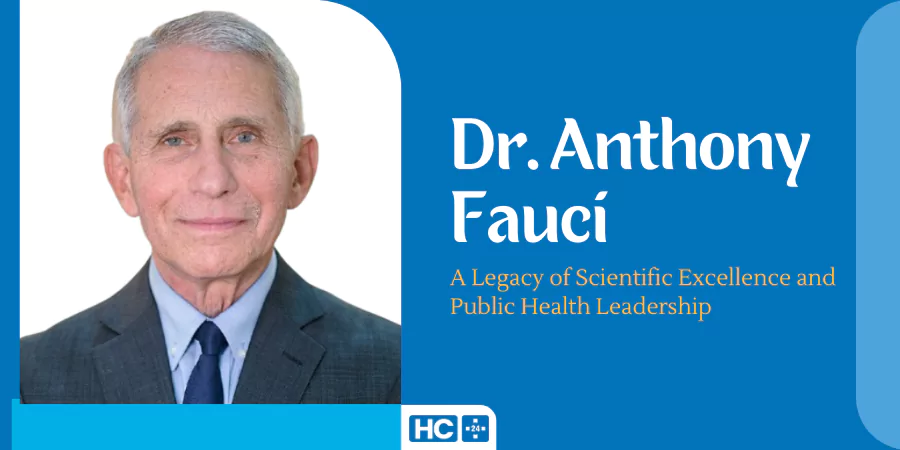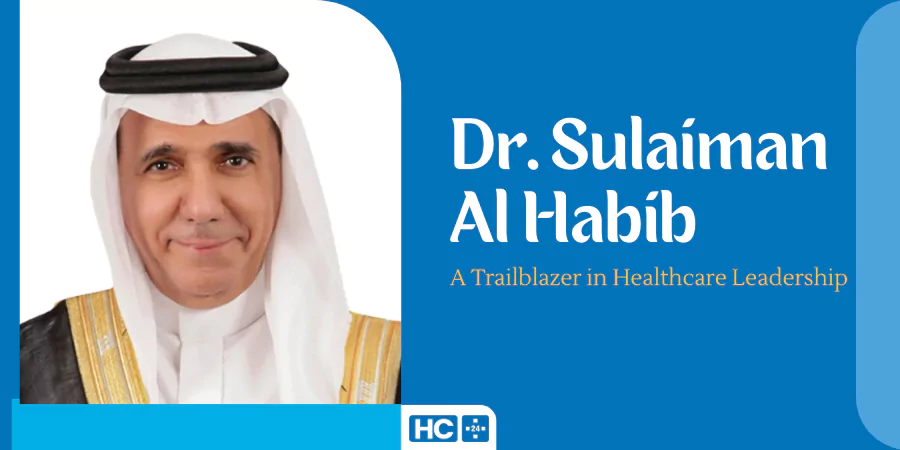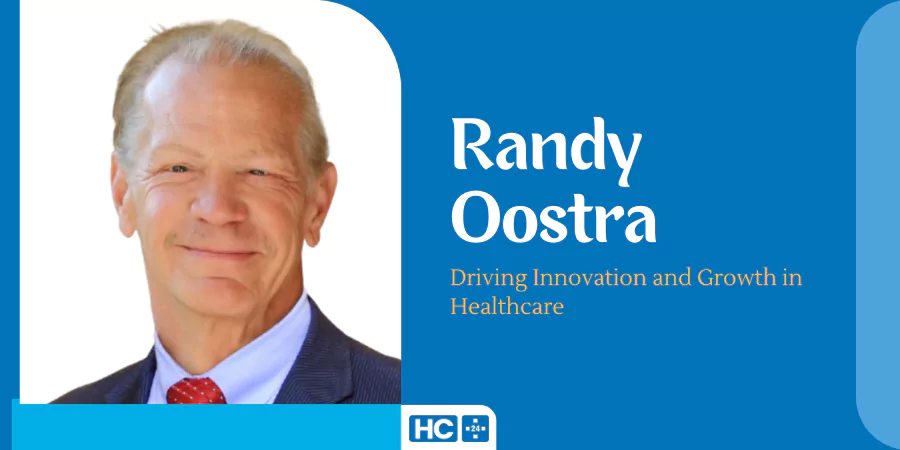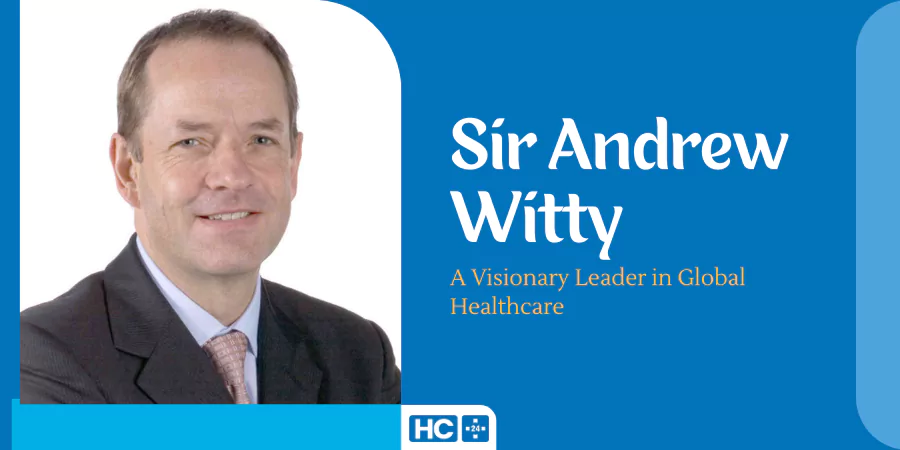Table of Contents
- Introduction
- Early Life and Education
- Career and Contributions to Medicine
- Role in Combating Infectious Diseases
- Leadership During the COVID-19 Pandemic
- Challenges and Criticism
- Legacy and Impact on Public Health
- FAQs
Introduction
Dr. Anthony Fauci is one of the most recognized and respected figures in the field of infectious diseases and public health. Having served as the Director of the National Institute of Allergy and Infectious Diseases (NIAID) for nearly four decades, he has played a pivotal role in combating global health crises, including HIV/AIDS, Ebola, and COVID-19. His expertise, dedication, and unwavering commitment to science have made him a leading voice in healthcare policy and disease prevention.
Early Life and Education
Born on December 24, 1940, in Brooklyn, New York, Anthony Stephen Fauci grew up in an environment that valued education and hard work. His parents owned a pharmacy, which exposed him to the medical field early in life. He attended Regis High School, a prestigious Jesuit institution, before pursuing a degree in Classics with a pre-med focus at the College of the Holy Cross. Fauci then earned his Doctor of Medicine (MD) degree from Cornell University Medical College in 1966, graduating at the top of his class.
Career and Contributions to Medicine
Dr. Fauci joined the National Institutes of Health (NIH) in 1968, working at the National Institute of Allergy and Infectious Diseases (NIAID). Over the years, he contributed significantly to research in immunology, virology, and disease treatment. In 1984, he became the Director of NIAID, a position he held until his retirement in 2022.
One of Fauci’s major contributions was his work on developing therapies for autoimmune diseases and infectious diseases. He played a crucial role in advancing treatments for vasculitis and other immune disorders, pioneering effective methods to suppress inflammatory responses in the body.
Role in Combating Infectious Diseases
HIV/AIDS Epidemic
During the 1980s, Fauci was at the forefront of the HIV/AIDS crisis. Initially facing criticism for the slow response of the government, he later became a key advocate for AIDS research, working closely with activists to accelerate funding and treatment development. His efforts led to the advancement of antiretroviral therapies, significantly improving the life expectancy of HIV-positive individuals.
SARS, Ebola, and Zika Virus
Fauci played a leading role in the response to multiple outbreaks, including SARS in 2002, Ebola in 2014, and Zika in 2016. His work helped develop vaccines and preventive measures that contained these threats before they became global pandemics.
Leadership During the COVID-19 Pandemic
Dr. Fauci became a household name during the COVID-19 pandemic. As a key member of the White House Coronavirus Task Force, he provided science-based recommendations to the public and policymakers. His advocacy for mask-wearing, social distancing, and vaccinations shaped the U.S. response to the virus.
Despite political and public resistance, Fauci remained committed to scientific integrity, appearing in numerous media briefings to combat misinformation. His leadership helped accelerate vaccine development, leading to the rapid deployment of mRNA vaccines that saved millions of lives.
Challenges and Criticism
Throughout his career, Fauci has faced criticism from various groups. During the AIDS epidemic, activists initially criticized him for bureaucratic delays in treatment approvals. Later, during the COVID-19 pandemic, he became a target of political attacks, with some accusing him of overestimating the threat of the virus while others believed he did not act aggressively enough.
Despite these challenges, Fauci remained steadfast in his commitment to public health, advocating for science-driven policies to protect global populations.
Legacy and Impact on Public Health
Dr. Fauci’s contributions to medicine and public health are immeasurable. His work in infectious diseases has saved countless lives, and his leadership during multiple health crises has shaped modern public health strategies. Even after retiring from NIAID, Fauci continues to be a trusted voice in science, education, and health policy.
His legacy will be remembered for his ability to navigate complex health emergencies, his dedication to medical research, and his resilience in the face of adversity.
FAQs
- What is Dr. Anthony Fauci known for?
Dr. Fauci is known for his leadership in infectious disease research, particularly in combating HIV/AIDS, Ebola, and COVID-19. He served as the Director of NIAID for nearly 40 years.
- Did Dr. Fauci develop the COVID-19 vaccine?
While Dr. Fauci did not personally develop the vaccine, he played a crucial role in coordinating research efforts and guiding policies that accelerated its development and distribution.
- Why did Dr. Fauci face criticism during the COVID-19 pandemic?
Fauci faced criticism from different political groups, with some believing his measures were too strict, while others thought they were not aggressive enough. He also dealt with misinformation and political resistance.
- What is Dr. Fauci doing after retirement?
Since retiring from NIAID in 2022, Dr. Fauci has continued to work in academia, research, and public health advocacy, sharing his expertise with new generations of scientists and policymakers.
- What is Dr. Fauci’s greatest contribution to medicine?
Dr. Fauci’s greatest contributions include his work on HIV/AIDS treatments, vaccine development, and public health strategies that have shaped responses to multiple pandemics and infectious diseases.





